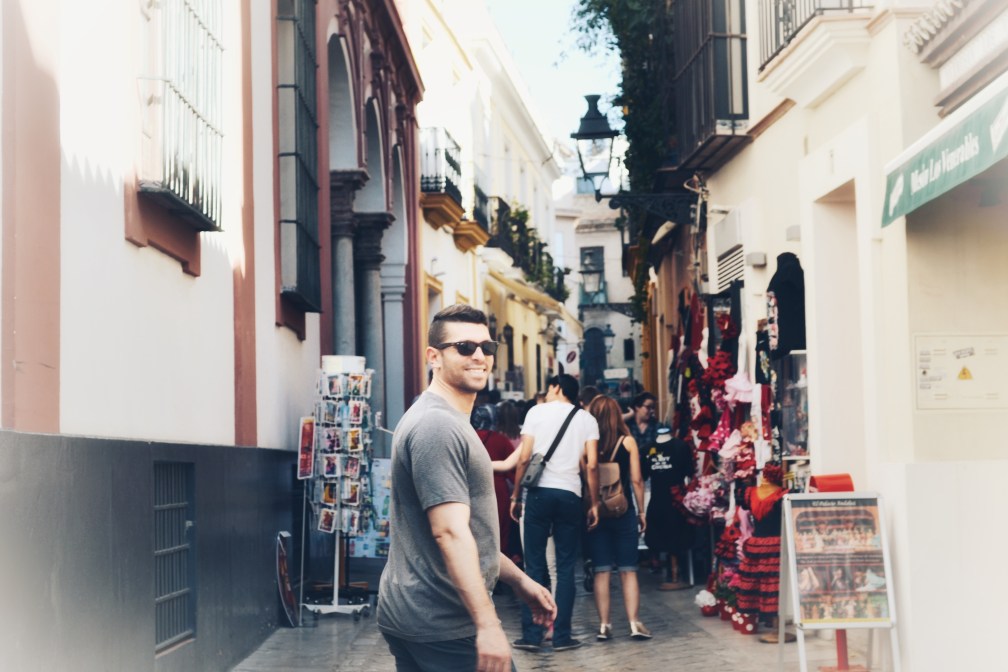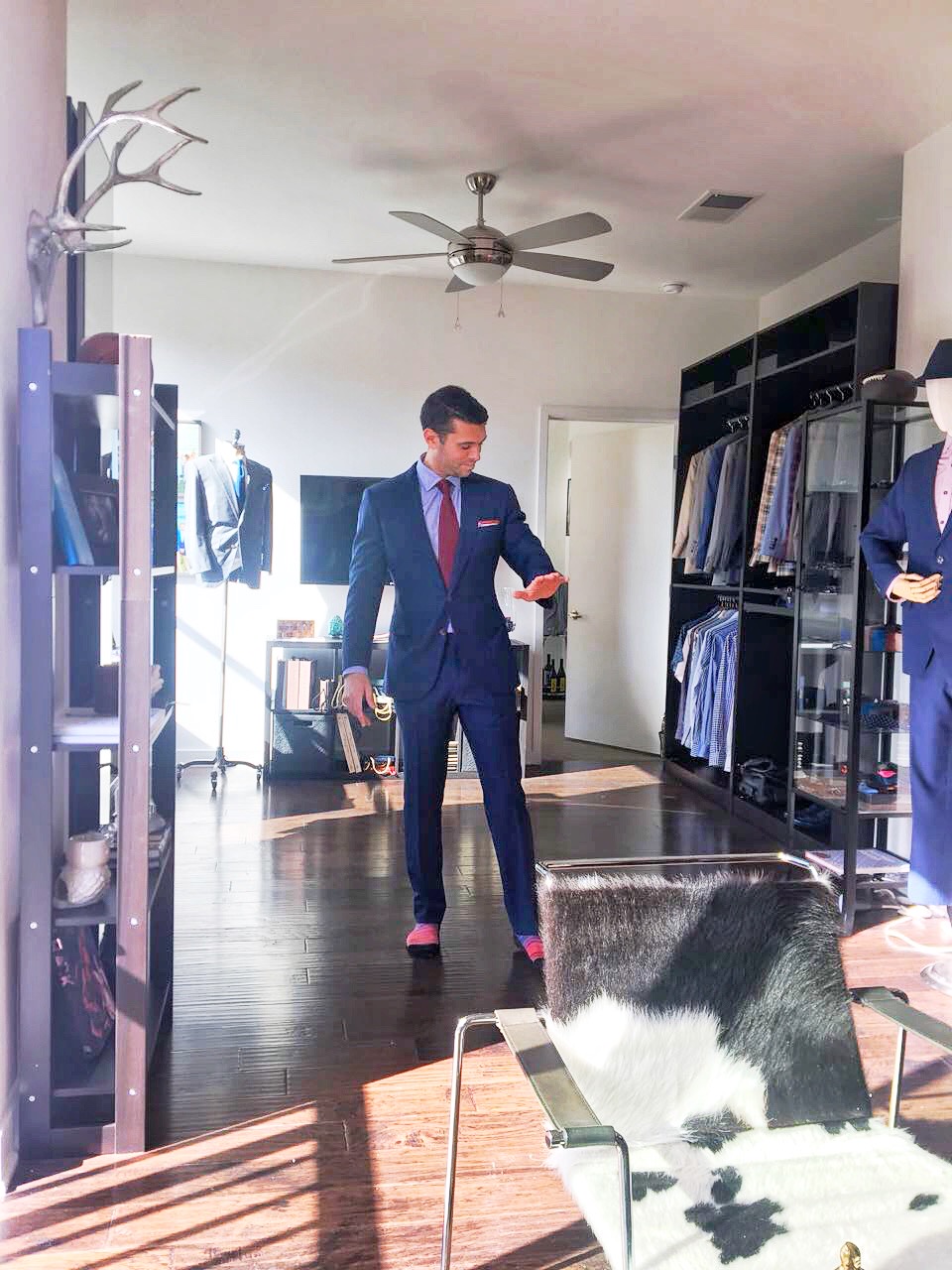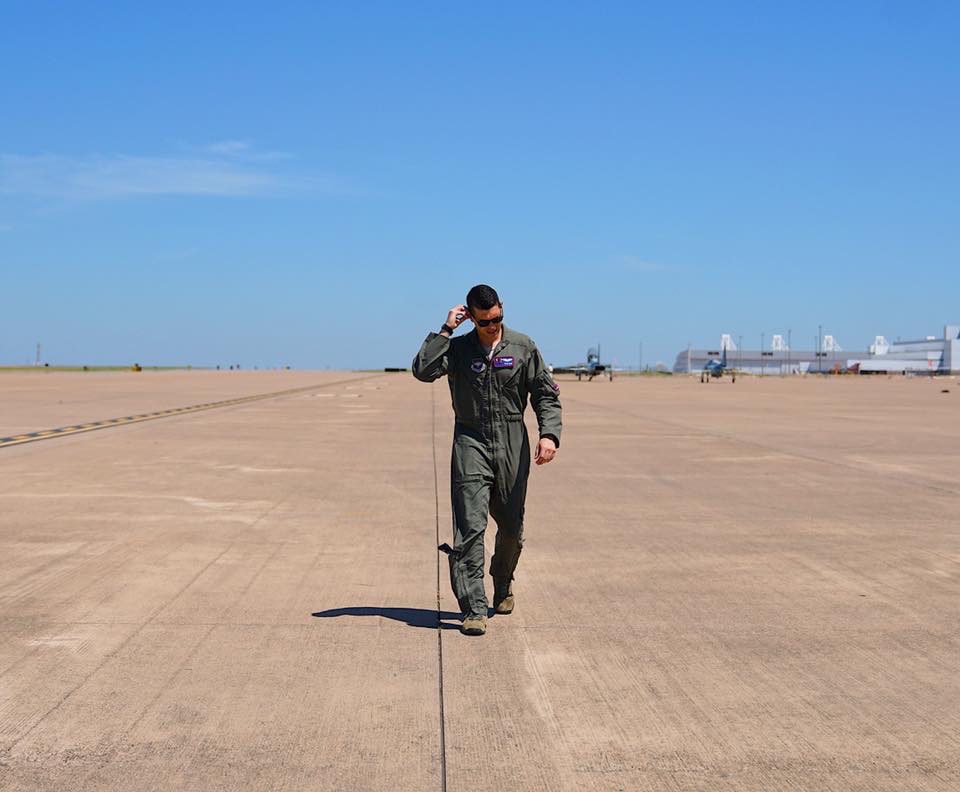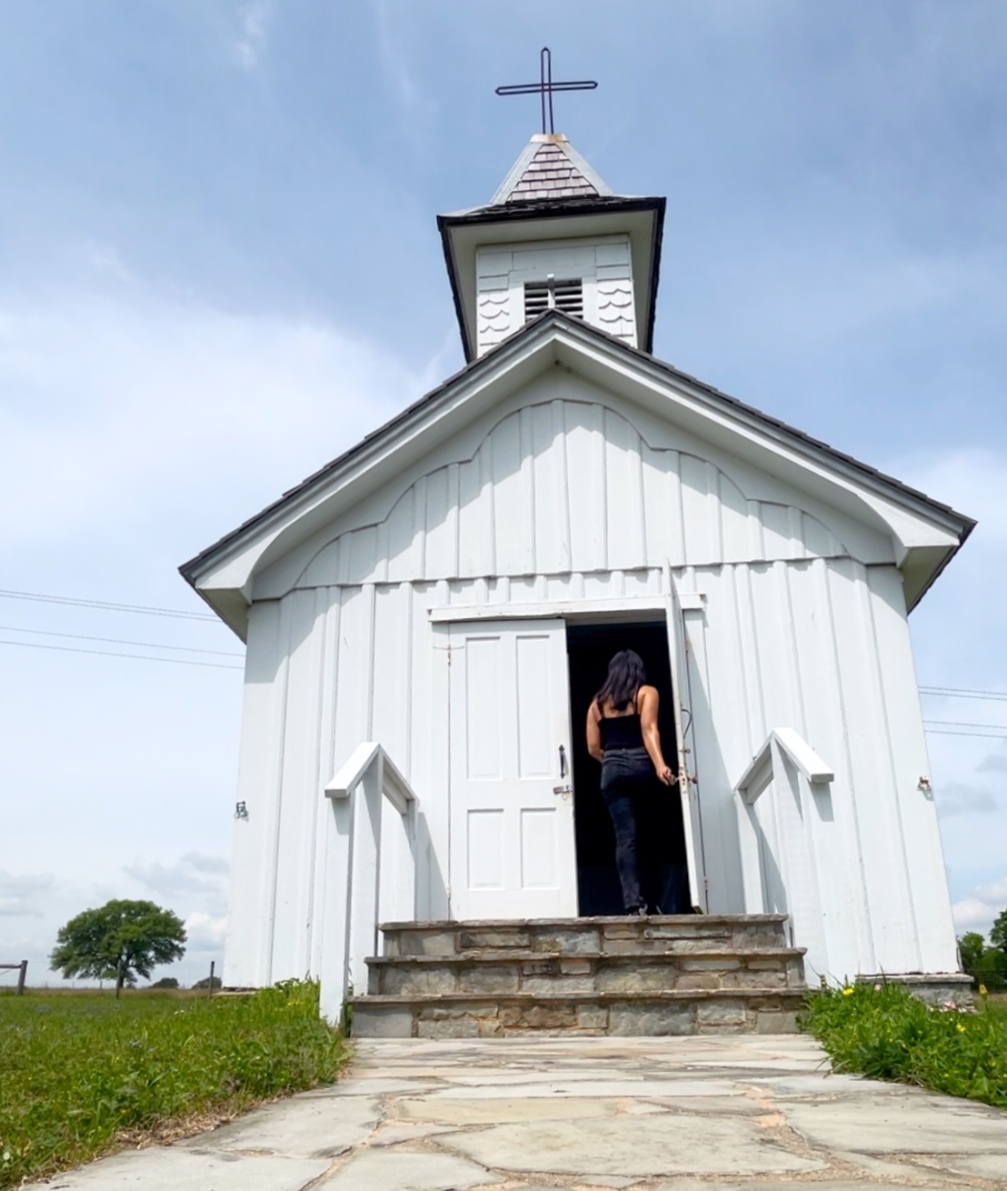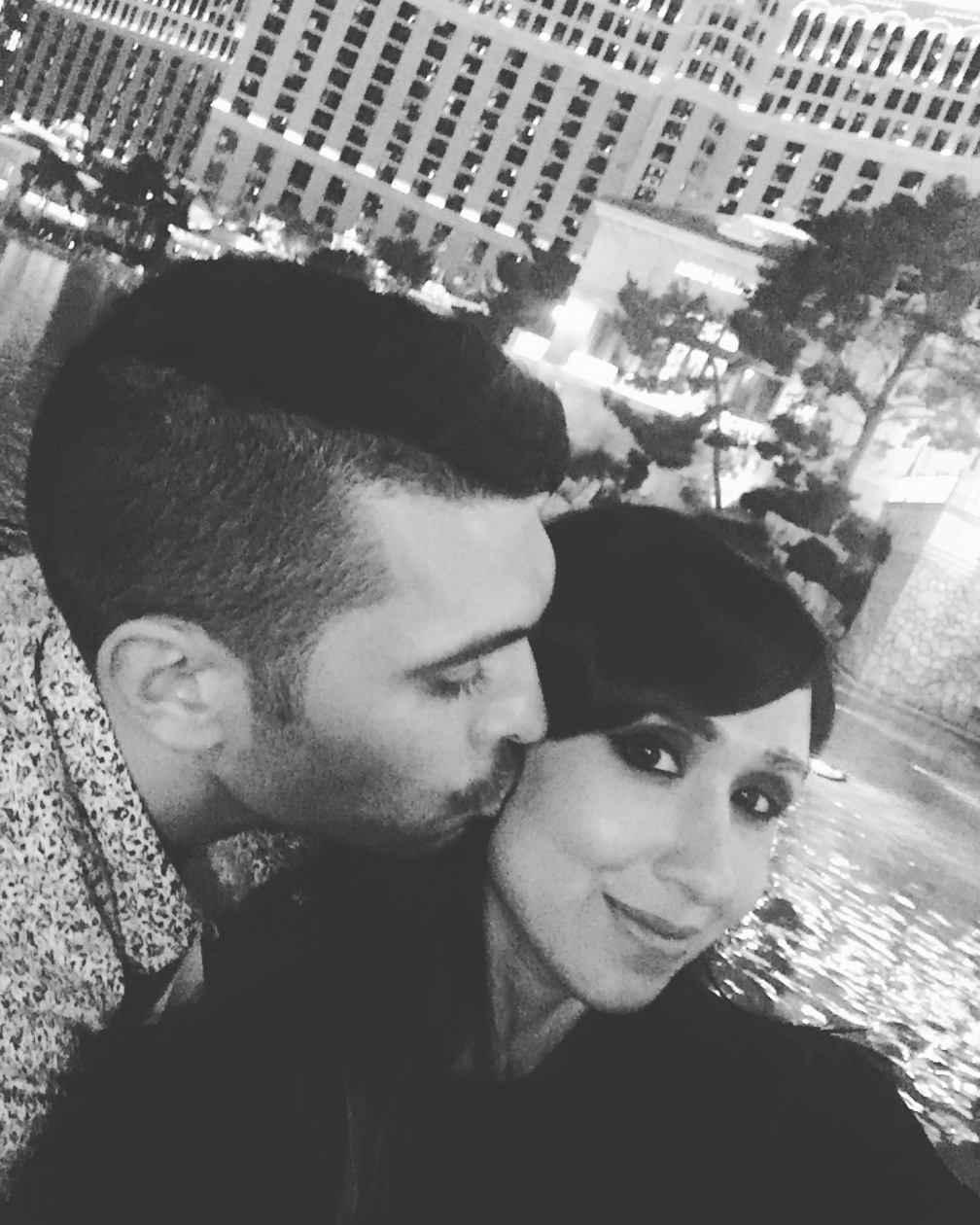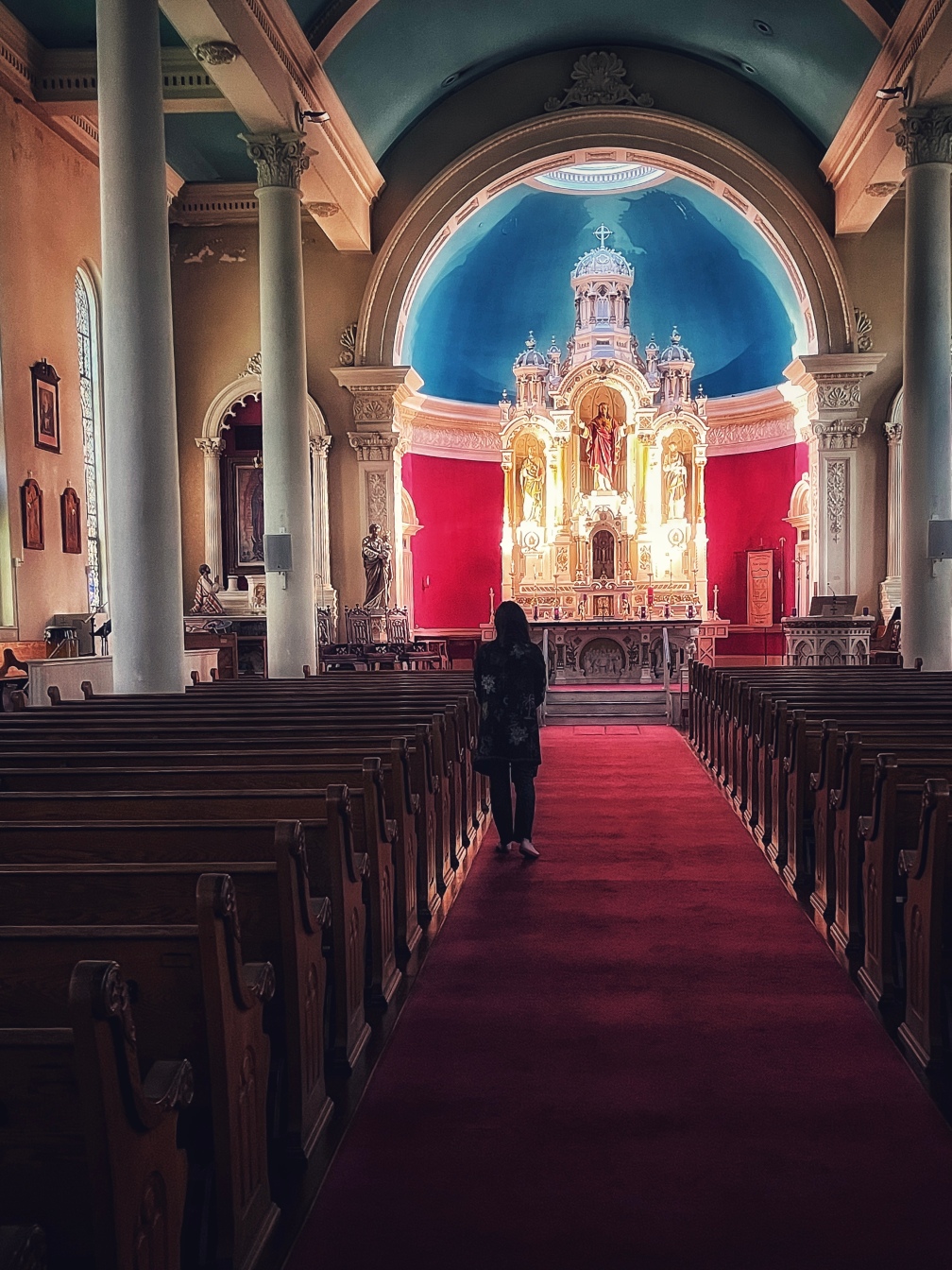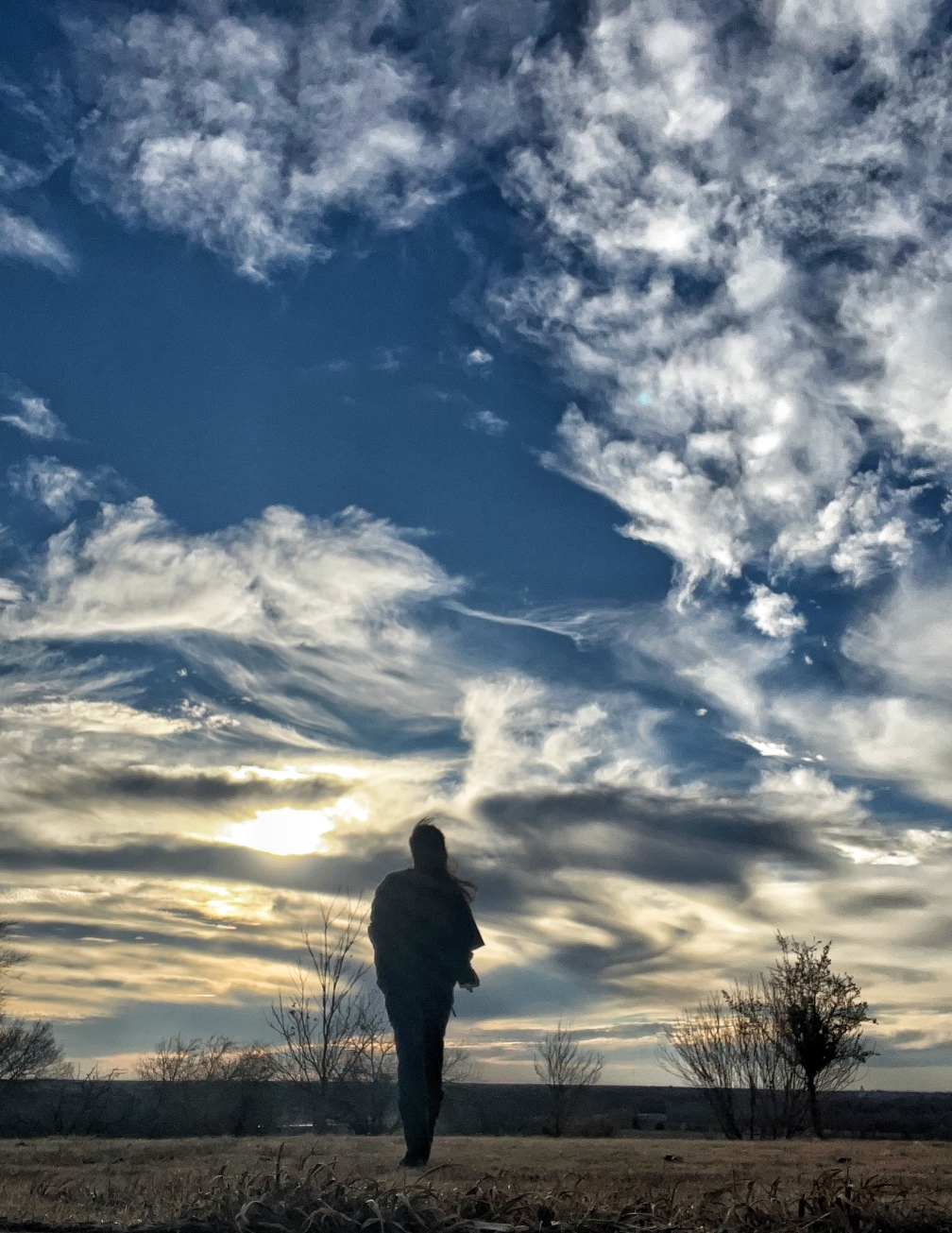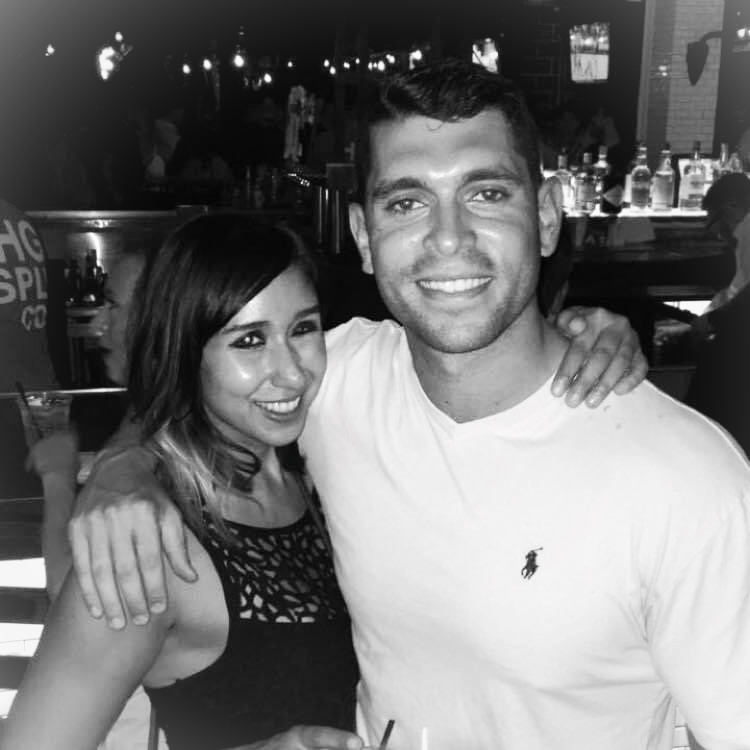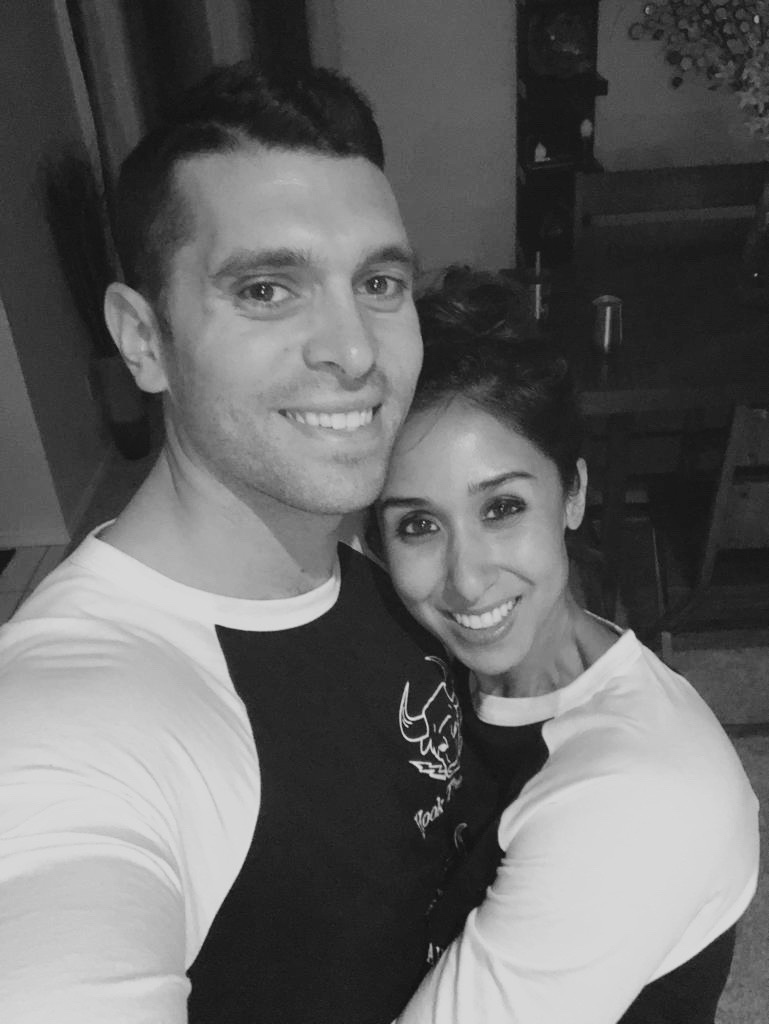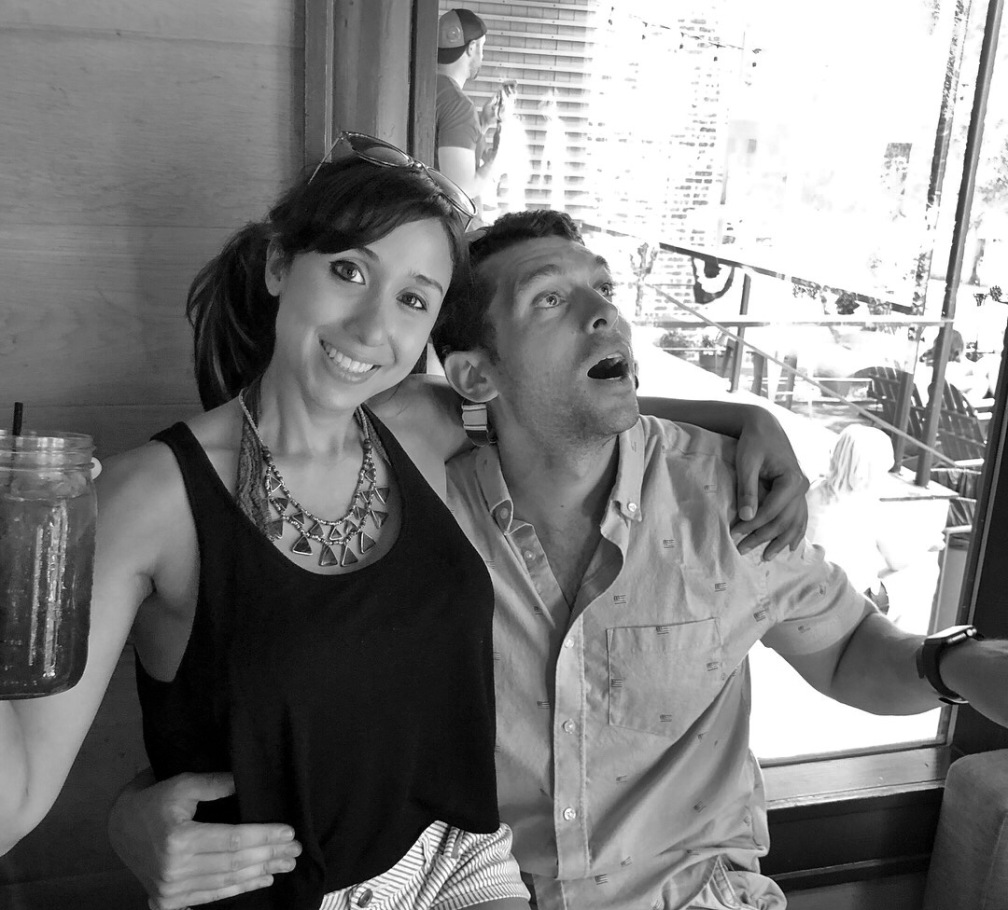When I was eighteen years old, I thought I was going to die.
There was a diagnosis (cancer). There was a prognosis (favorable). And there was a treatment plan.
The doctors and nurses reassured me every time I had an appointment, that the type of cancer I had was, as of the last few decades, very responsive to treatment. Despite the reassurances, I still remember the overwhelming and crippling fear of being able to see, for the first time, how quickly the feeling of living can turn into the feeling of dying.
I have been thinking about that a lot recently. That had I been born a half a century earlier than I was, I most likely would have died before my twentieth birthday. I think about how every person ever diagnosed with my same type of cancer, whether they were born before or after me, most likely did what I did in the aftermath of diagnosis: beg for more time.
I imagine we were all united in that prayer…the asking for more time to live. But I know that only some of us actually got it.
This last year, it really hit me: that the past few decades of my life were actually the “more time” I had pleaded for. How I’m actually living out the hours, days, and years which, at some point, I was terrified I would never get to see.
I was given the “more time” I asked for. And within it, I was given more experiences, and more travel, and more friendships, and more laughter, and more tears. And I was given you.
You were a part of the life I so desperately pleaded for on the floor of my bedroom all those years ago: meeting you, loving you, losing you, and, yes, even grieving you. All of those moments of “you” etched into minutes I longed to see and now hold as memories. It begs the question: how could I view any of this, any of you, as loss?
I didn’t want to die at eighteen. I didn’t.
And I know you didn’t want to die at twenty eight. Yet you did.
I know no part of you could have believed that by the time you were finally old enough to drive a car, you had more years behind you than you did ahead.
I know you didn’t want to die, but it happened. You died first, and the rest of us can only follow.
I haven’t died the way you did, not yet, but I have died in other ways during the “more time” I’ve been given. That time has been punctuated by a different kind of death: the dark nights of the soul kind of dying.
I haven’t died like you have, but I have had my world go black many times since you did. The kind of dark brought about as quickly as a camera shutter closing: each disappointment, each struggle, each loss and unexpected twist of life reducing my life to the black square found in the center of a Polaroid before details of a new image begin to emerge.
I haven’t died like you have, but I have gotten better at the dying part of living because of you.
I know how to let things and people go now. I no longer cling to the image I have of myself, or cling to people that walk in and then walk back out of my life. Those small hurts that always seemed so big…I can shoulder them now. I can let life go black now because I have seen that new images can only develop in dark places.
I can do all of these small dyings now because of you. In a way, you showed me how to do it: how to die. But also how to live out the rest of the “more time” that I asked for all those years ago; the “more time” that I got but you for some unknowable and heart-rending reason did not.
And to finally see it for what it is: a gift.
